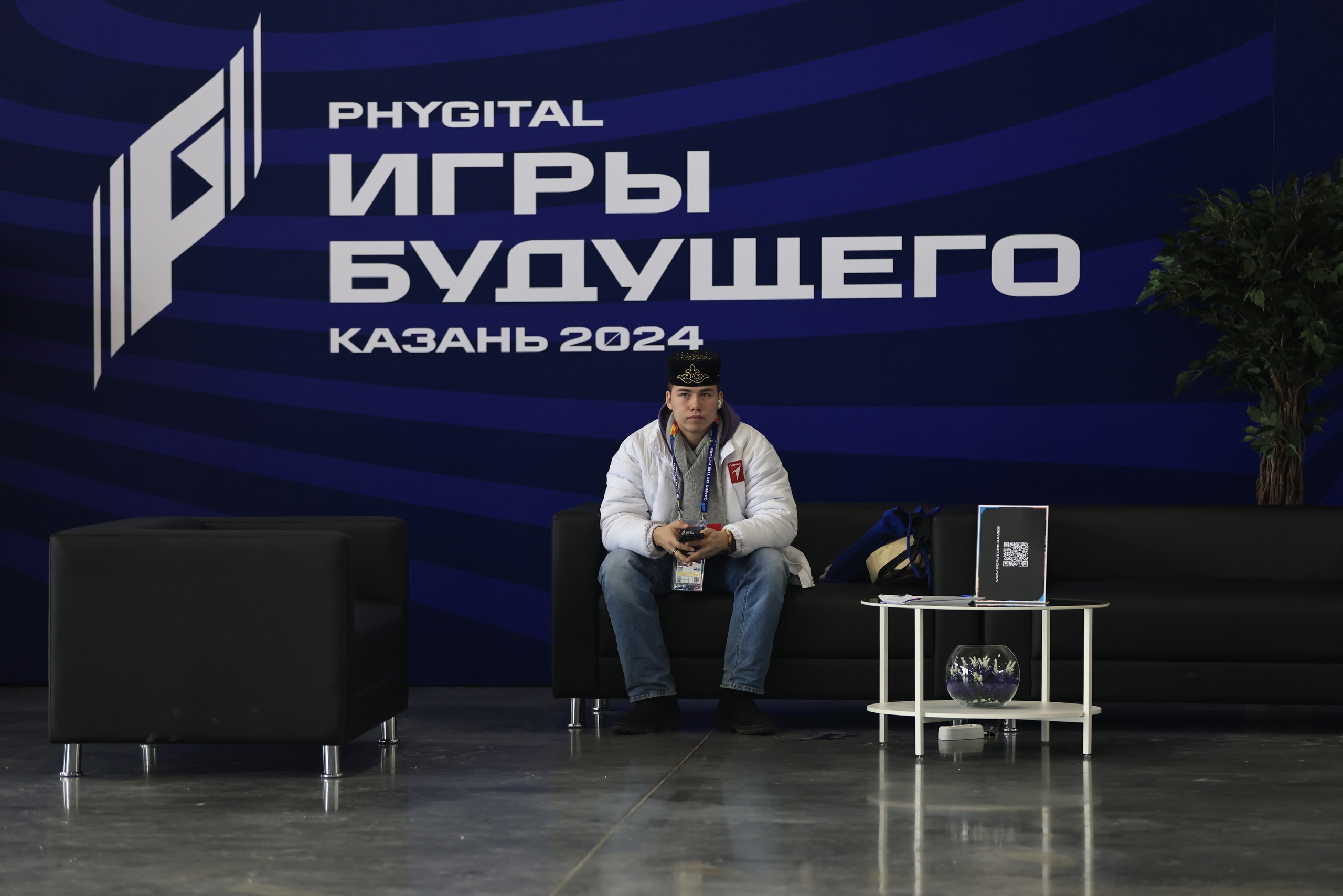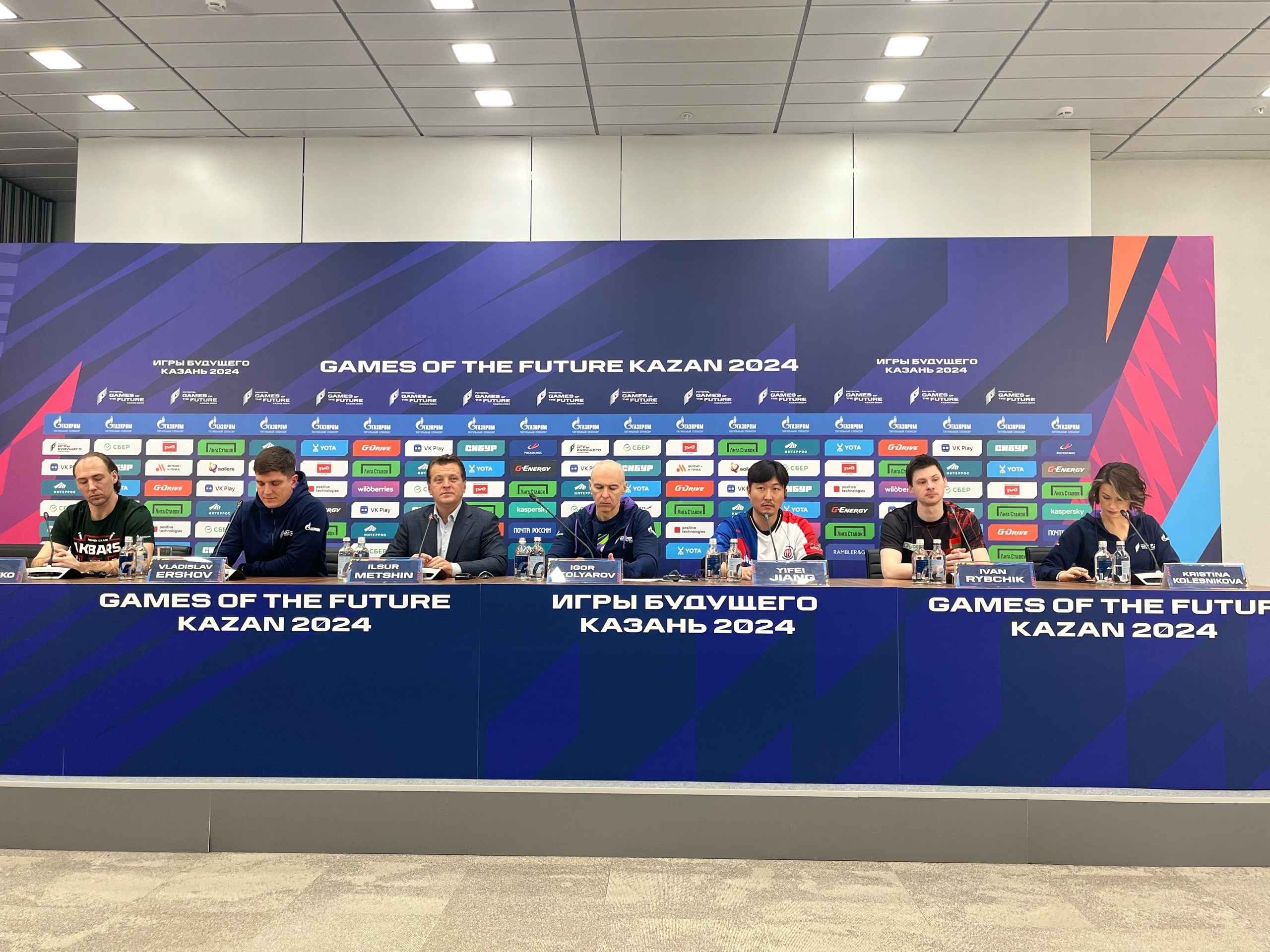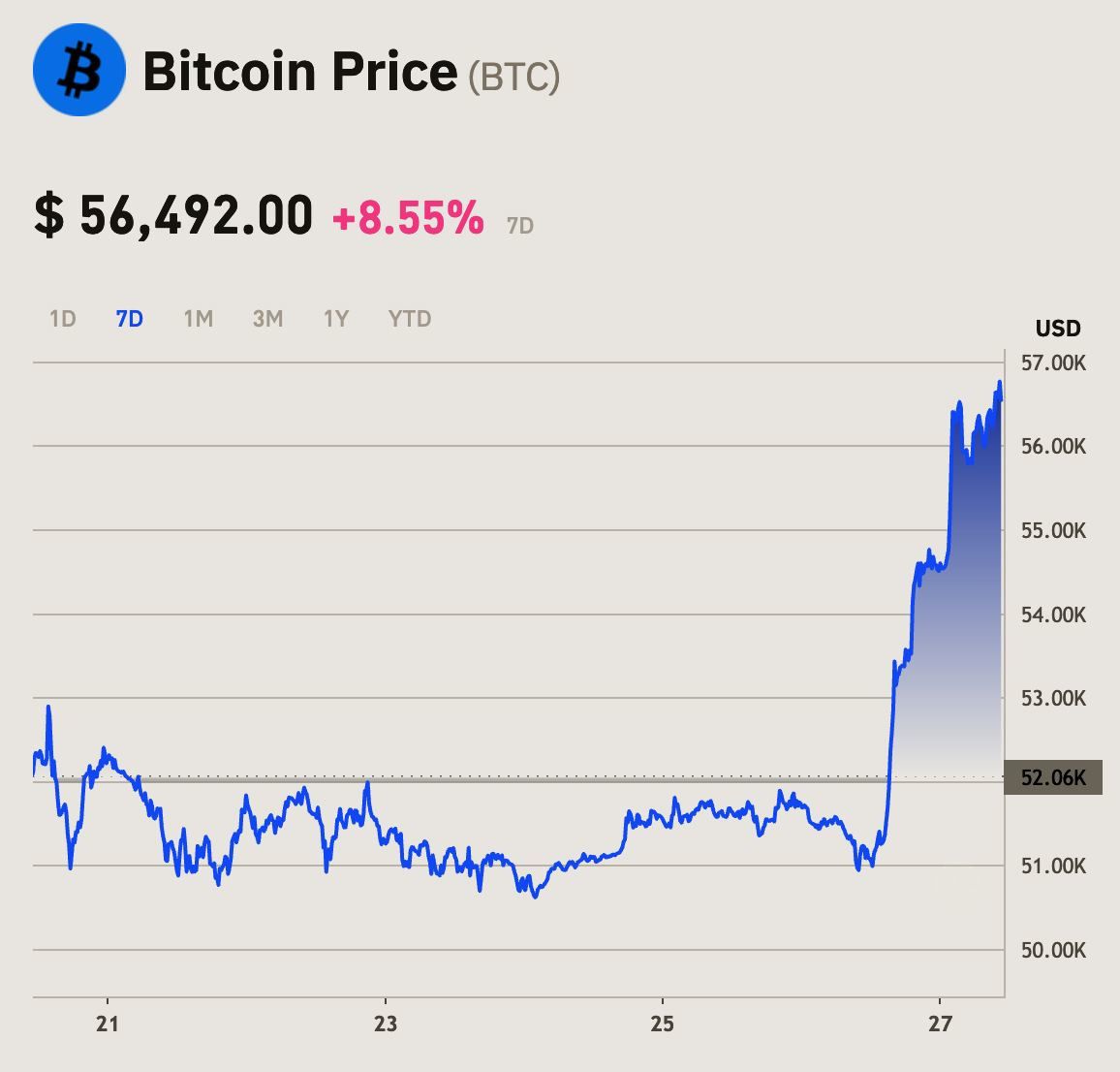Казань в очередной раз задает миру спортивные тренды.
Тысячелетие, Универсиада, чемпионат мира, WorldSkills – что только Казань уже не видела и не проводила, но на этой неделе столица Татарстана возьмет новую высоту.
Сегодняшнего дня, признаюсь, я ждал с особым трепетом. Все большие международные состязания я либо застал в качестве болельщика у телевизора, либо и вовсе пропустил мимо, поэтому, усевшись в просторный автобус, который должен был довезти нас из центра в «Экспо», я предался размышлениям о своих ожиданиях.
На таких встречах вряд ли можно услышать от спикеров что-то новое. Все же комментарии по поводу различных регламентов проведения, целей, задач турнира мы получали задолго «до». Гораздо интереснее было пообщаться с иностранными коллегами, а если не пообщаться, то хотя бы увидеть их: действительно есть такой интерес к соревнованию за рубежом?
Ответ я получил практически сразу по выходу из автобуса. Рядом со мной, оказывается, ехал японский журналист, с которым мы живо вошли в беседу.
В Японии знают о турнире и имеют мысли по поводу него. Конкретики добыть не удалось. «По-своему думают, но интерес определенный есть», – ответили мне. Я же в ответ попытался рассказать гостю о жизни в Казани и поделился своими рассуждениями по поводу как Игр, так и просто идеи «фиджитал».
Другая область моего интереса сегодня – инфраструктура. Буквально три дня назад мы были на еще пустом, наверное, можно сказать «голом» объекте. Какие-то строения уже были поставлены и подключены, а что-то ютилось по углам, облаченное в строительную пленку.

Автор фото: Павел Хацаюк/«Вечерняя Казань»
Вошедший японский журналист с ходу начал фотографировать декорации «Экспо», я же решил удивить коллегу, показал фотографии объекта в наш первый приезд и сказал: «Представляете, еще три дня назад это выглядело так». На лице японца возникло удивление.
Полтора часа до пресс-конференции прошли тихо: прогулка по «Городу будущего» длительной не получилось – серьезный участок «поселения» был для посещения медиа закрыт.
Большинство иностранных журналистов подошли точно ко времени: делегация из Танзании распределилась по всему конференц-залу, где-то за спиной находился гость из Сербии, конечно, присутствовали и китайские СМИ, сбоку от меня сидела женщина из Кубы.
Были ли сегодня и представители других стран – сказать сложно, все же флаги они на себе не носят.
Сразу удивило количество спикеров – 7 табличек. Среди отвечающих – киберспортсмены, участники Игр, организаторы турнира Владислав Ершов и Игорь Столяров, а также мэр Казани Ильсур Метшин. В качестве модератора выступила Кристина Колесникова.
После традиционных приветственных слов, которые вмещали в себя представление различных цифр «обо всем» (буквально от данных по участникам турнира и до количества номерного фонда), а также знакомство с определенными дисциплинами.
Ильсур Метшин имеет богатый опыт подобных речей, поэтому сразу четко обозначил опорные точки:
– Для нас не впервые оказываться в центре событий. На этот раз мы стоим на пороге нового формата, который объединит реальность и цифровой мир. Мы искренне рады этому событию. Мы соревновались за это право с 19 городами. Мы рады большим ивентом, ради этого объединяемся с федеральными коллегами, – сказал мэр.
Но вопросный ряд предстояло открыть мне. Кто бы что ни говорил, но в Казани, равно как и во всей России, мне кажется, есть практика «искусственной наполняемости объекта». Так, например, «Рубин» обеспечивает себе фан-сектор – приглашает играть на «фанку» целый оркестр.
Так и тут, в Сети стали сообщать о том, что в вузах начали распространять билеты по квоте, которые учреждениям нужно обязательно закрывать. Это называется «сгоном». Мэр, естественно, и бровью не повел:
– Программой реализации занимаемся не мы. Но задачи, безусловно, нет, дефицита внимания мы не имеем. Это сделано только с той целью, чтобы разрешить вопросы по удобной покупке билетов для нашей целевой аудитории, – заявил Метшин.

Автор фото: Павел Мельников/«Вечерняя Казань»
Включился в обсуждение и директор Игр Игорь Столяров: «Если у какого-то вуза есть избыток билетов – обращайтесь, мы выкупим!».
На этом, как мне казалось, наше взаимодействие закончилось: пошли другие вопросы, в том числе и от иностранных коллег, но ни господина Столярова, ни господина Метшина это не заставило забыть обо мне. Чуть позже, рассказывая о том, что билетов на церемонию открытия – нет, Игорь Юрьевич вновь обратился ко мне в надежде получить подтверждение того, что у вузов билеты найти можно, а Метшин включился еще сильнее. Мэр повернулся к Столярову и в голос сказал: «Да он, наверное, и образования высшего еще не получил».
Потом, чтобы не быть голословным, повернулся вновь ко мне и спросил: «Нет же высшего?». Я, не крича, лишь прошептал, надеясь, что мэр прочтет по губам: «Учусь». «Ну и понятно тогда», – ответил Ильсур Раисович.
На удивление, не вызвал никакой реакции очередной вопрос про Камилу Валиеву. Спикеры спокойно ответили, мол, увидите 21 февраля во время церемонии открытия.
В остальном мы услышали вполне классические вопросы и ответы: о легкой подготовке, о том, что старт турнира – большое событие для всех, чуть-чуть о том, чуть-чуть об этом.
Напомним, «Игры будущего» стартовали уже сегодня, 19 февраля, групповым этапом по «Дота 2», чуть позже, вечером, увидим первые столкновения в рамках фиджитал-хоккея. До главного события первых дней турнира остается два дня – 21 февраля состоится официальная церемония открытия «Игр будущего».
Надеюсь, что к окончанию Игр понимания, зачем и для чего все это проводится, у меня и у казанцев станет больше.
https://www.evening-kazan.ru/obshhestvo/articles/studentov-ne-sgonyayut-valievu-pryachut-o-chem-govoryat-pered-startom-igr-budushchego


























